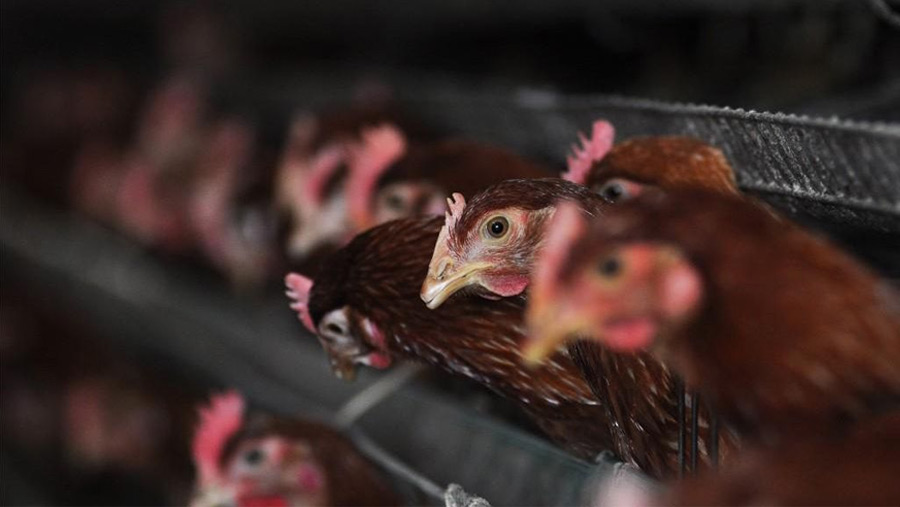


Louisiana health authorities on Monday (Jan 6) reported the first human death in the United States linked to bird flu, while noting the patient had underlying medical conditions and that general risks to the public remained "low." The patient, aged over 65, had been hospitalized in the southern state since at least mid-December, when the U.S. Centers for Disease Control and Prevention (CDC) announced it as the country's first serious case of human infection from the H5N1 virus.
"While the current public health risk for the general public remains low, people who work with birds, poultry or cows, or have recreational exposure to them, are at higher risk," the Louisiana Department of Health said in a statement announcing the death.
It said the patient had "contracted H5N1 after exposure to a combination of a non-commercial backyard flock and wild birds," but had detected no further H5N1 infections nor evidence of person-to-person transmission in the state.
The news comes just days after the federal government awarded an additional $306 million to bolster H5N1 surveillance programs and research, amid some criticism for President Joe Biden's administration over its response to the simmering issue.
The amount of bird flu circulating among animals and humans has alarmed scientists over concerns it could mutate into a more transmissible form – potentially triggering a deadly pandemic.
Since the beginning the 2024, the CDC has recorded 66 cases of bird flu in humans in the United States.
"We have a lot of data that shows that this virus can be lethal, more lethal than many viruses we worry about," Jennifer Nuzzo, a professor of epidemiology at Brown University, told AFP news agency.
"For that reason, people have been quite alarmed about these outbreaks that have been occurring on farms and other places in the U.S. and have really been shouting for the U.S. government to do more," she said.